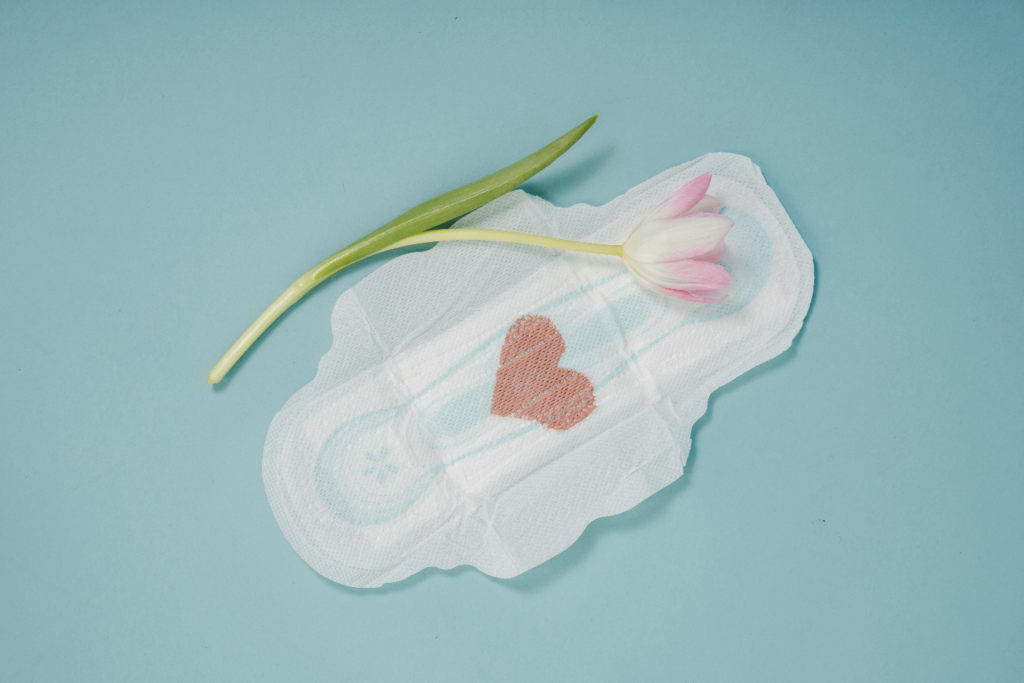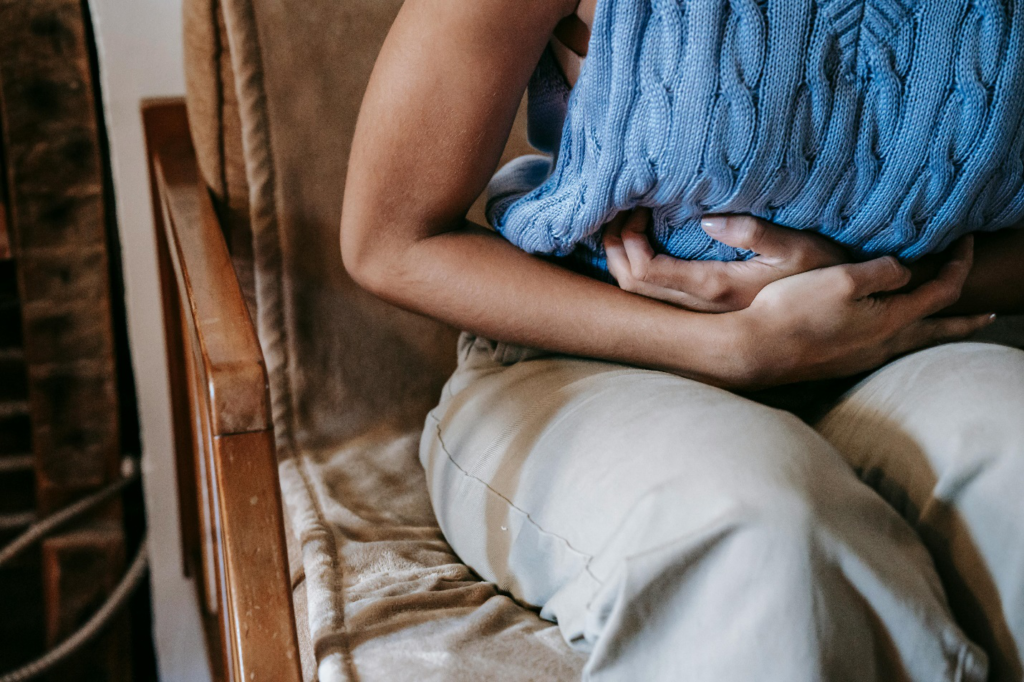Period pain, also known as dysmenorrhea, is a common issue that affects many women during their menstrual cycle. While it’s a natural part of menstruation, the discomfort can range from mild to severe, impacting daily activities. Understanding how to manage period pain is crucial for maintaining overall well-being and promoting menstrual health awareness. In this article, we’ll explore effective remedies and tips to help alleviate period pain.
Heat Therapy
Applying heat to the lower abdomen can significantly reduce period pain. A heating pad, hot water bottle, or even a warm bath can relax the muscles of the uterus, relieving cramps. This simple remedy is often recommended as part of a menstrual hygiene awareness campaign because it’s accessible and effective. Heat therapy can be a go-to solution for many women seeking immediate relief from menstrual discomfort.
Over-the-Counter Pain Relievers
Nonsteroidal anti-inflammatory drugs (NSAIDs) like ibuprofen are commonly used to reduce period pain. These medications work by decreasing the production of prostaglandins, which are chemicals responsible for uterine contractions and pain. For those who may not have access to these medications, feminine hygiene product donations often include educational materials about managing period pain, helping to spread menstrual health awareness.
Regular Exercise
Engaging in regular physical activity can help reduce the severity of period pain. Exercise increases blood circulation and releases endorphins, the body’s natural painkillers. Incorporating light exercises like walking, stretching, or yoga can ease cramps and improve overall mood. Encouraging exercise as part of a feminine hygiene donation drive can also help break the stigma around periods by promoting healthy lifestyles during menstruation.
Herbal Remedies
Certain herbal remedies, such as ginger tea, chamomile tea, and turmeric, have anti-inflammatory properties that can help reduce period pain. These natural options are often included in menstrual hygiene awareness campaigns as alternatives to pharmaceutical pain relievers. Additionally, raising awareness of sanitary napkins and other menstrual products ensures that women can manage their periods safely while exploring herbal remedies.
Dietary Adjustments
Eating a balanced diet rich in fruits, vegetables, whole grains, and lean proteins can help manage period pain. Reducing the intake of salt, sugar, caffeine, and alcohol can prevent bloating and reduce cramps. Promoting awareness about sanitary napkins alongside dietary tips can encourage women to take a holistic approach to managing their menstrual health.
Stay Hydrated
Drinking plenty of water can help prevent bloating and reduce the severity of cramps. Hydration is an essential aspect of overall health, and it plays a crucial role in menstrual well-being. Including hydration tips in menstrual health awareness initiatives can empower women to manage their period pain effectively.
Acupuncture and Massage
Acupuncture and massage therapy have been shown to relieve period pain by stimulating certain pressure points and improving blood flow. These therapies are gaining recognition in menstrual hygiene awareness campaigns for their effectiveness in pain management.
Join Us in Promoting Menstrual Health Awareness

Join the Utpat Foundation in our mission to support young girls by providing the education and resources they need to thrive. Together, we can remove barriers, promote health, and uplift communities by ensuring every girl has access to the essentials she deserves. Your involvement can make a world of difference. Contact us today to be a part of this important movement!

